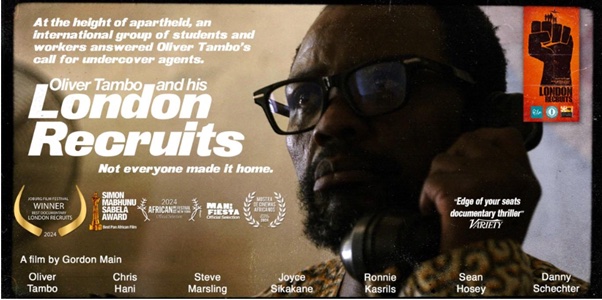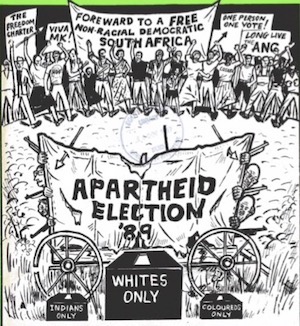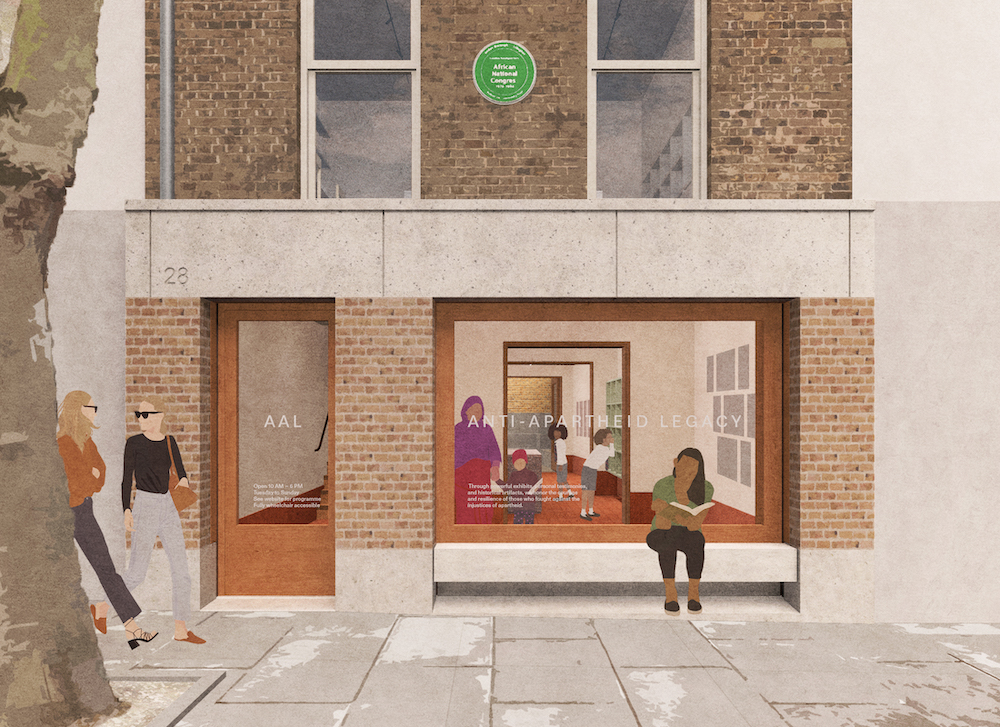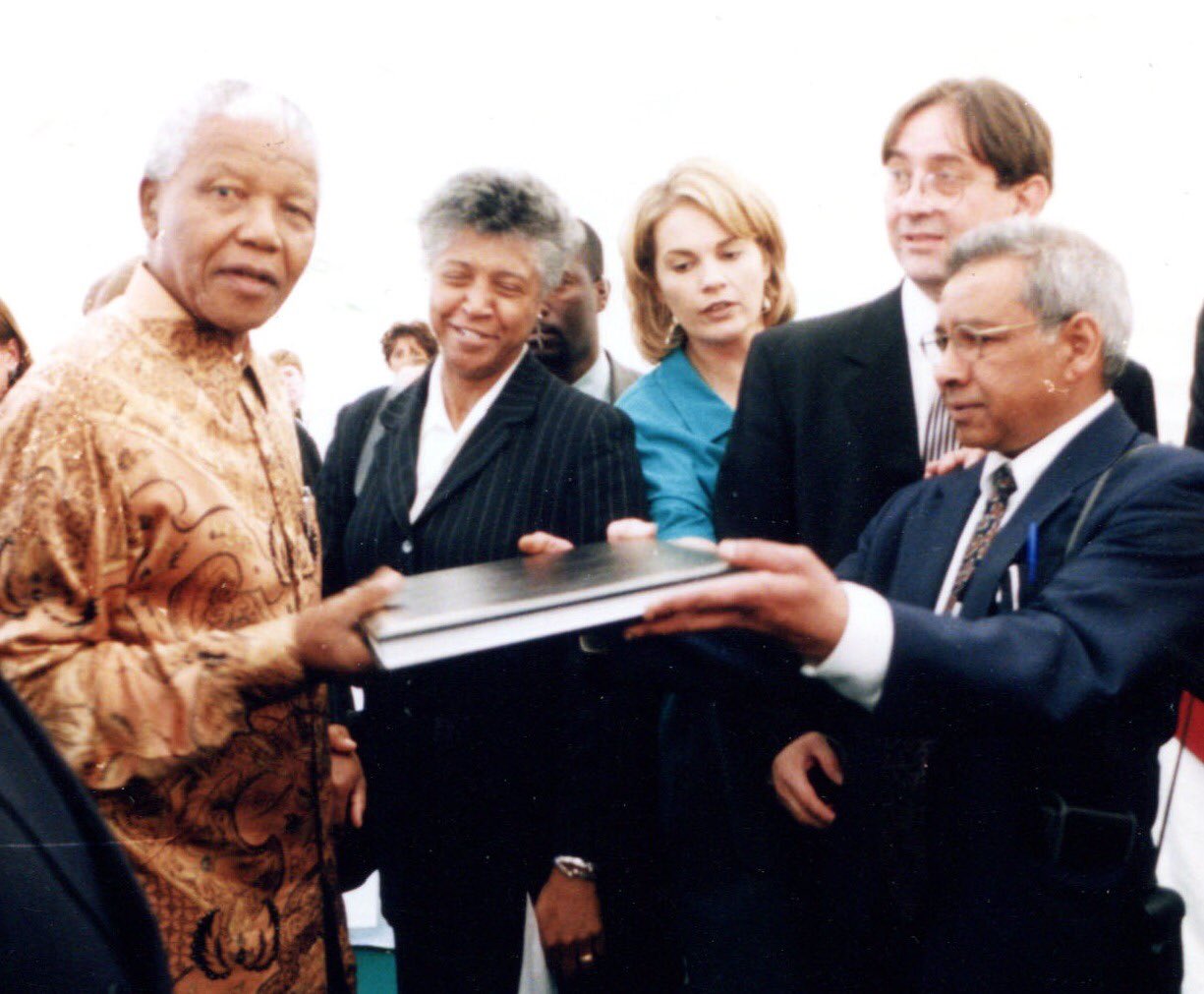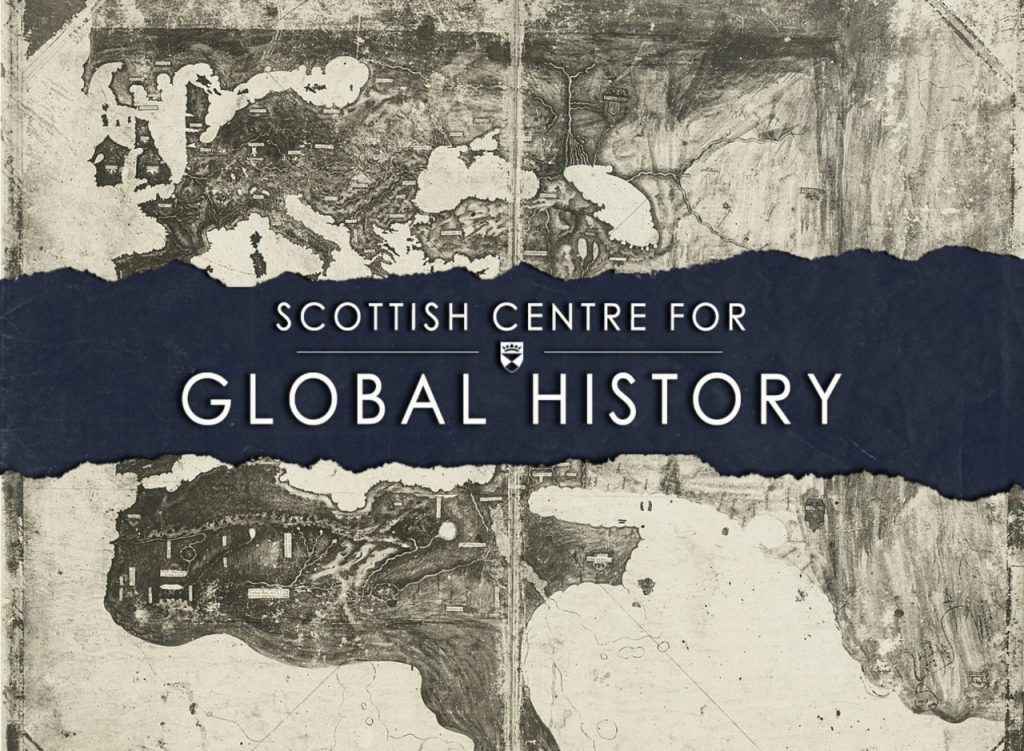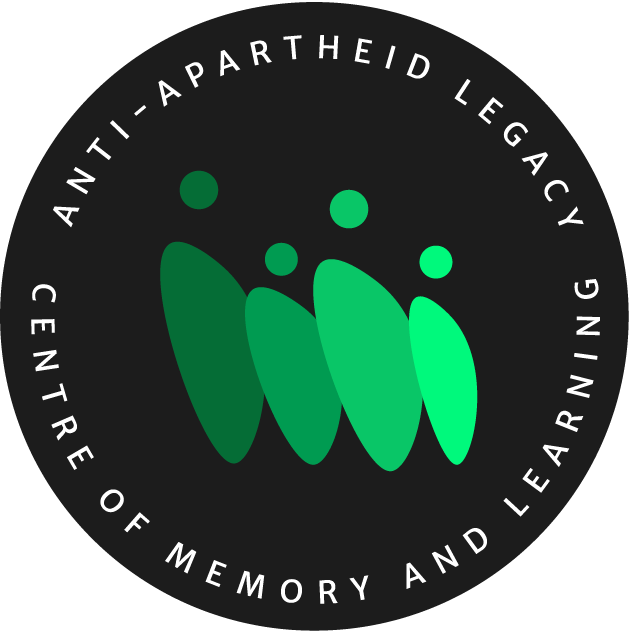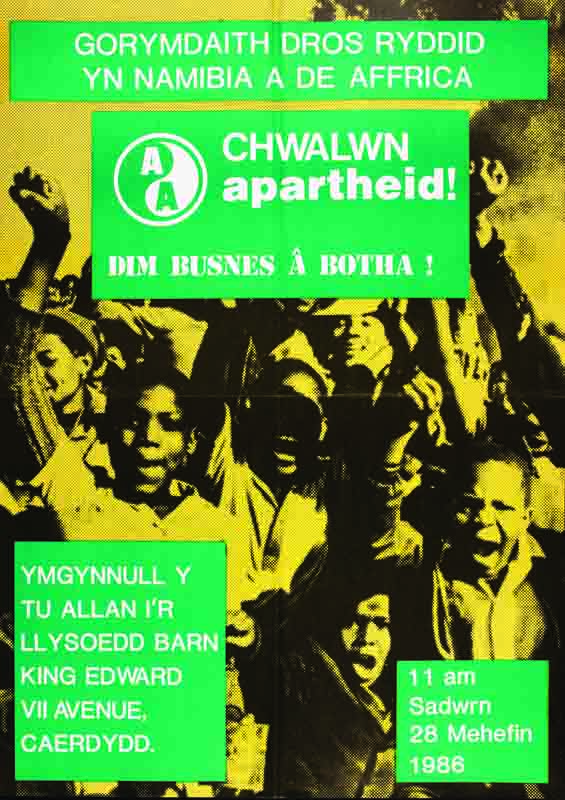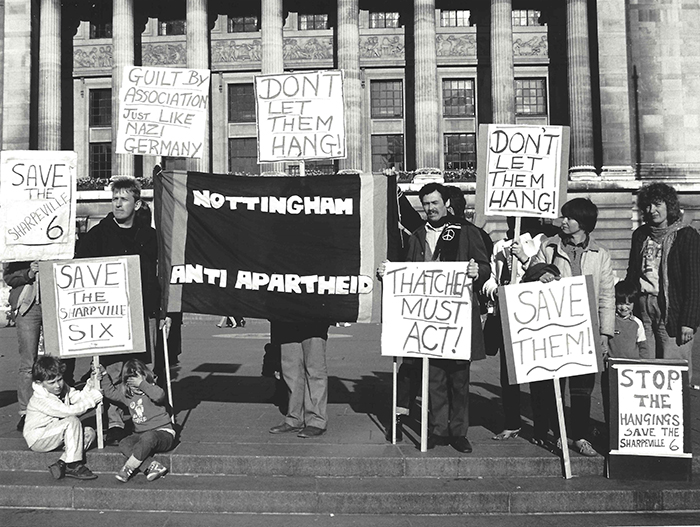‘Oliver Tambo and his London Recruits’ tells the story of the young men and women who went to South Africa to carry out undercover missions for the ANC. The film premiered at the Ritzy Cinema in Brixton on Thursday 21 November and will be showing at independent cinemas all over Britain in a ‘People’s Release’. For dates and places, or if you can suggest a venue for a showing, click here.
South African artist Norman Kaplan’s exhibition of linocuts and cartoons will move to Bristol at the end of April. It will be on show at John Wesley's New Room, 36 The Horsefair, BS1 3JE from 29 April to 19 June, together with a programme of schools workshops and outreach events. Many of the artworks first appeared in the ANC's journal Sechaba and The African Communist. The exhibition is part of the 'All Shall be Afforded Democracy' programme organised by ACTSA, the AAM Legacy Centre of Memory and Learning project and AAM Archives to mark 30 years of South Africa's liberation. https://antiapartheidlegacy.org.uk/resources/exhibitions/asbad/
In an exciting new development, building work has started on the new Anti-Apartheid Centre of Memory and Learning at 28 Penton Street, the ANC’s former London HQ. At a special event on 16 October, Greater London Deputy Mayor Debbie Weekes-Barnard and the South African High Commissioner HE Kingsley Mamabolo ‘broke the ground’. To watch the ceremony and hear Lord Peter Hain talking about the Centre’s aim of stimulating action against injustice, racism and inequality, click here. The Centre is scheduled to open at the end of 2025. The project already has an exciting programme of events and commissions. To find out more click here.
Remembering Hanef Bhamjee, Chair of Wales AAM, who died on 9 January. Hanef resisted apartheid in South Africa from the age of 11 and helped found Wales AAM in 1981. He was a driving force in mobilising the people of Wales in the fight againt apartheid. You can read Wales Assembly member Mick Antoniw's tribute to Hanef in the Senedd here
The Mitting Inquiry into Undercover Policing has revealed how the British police spied extensively on the AAM, Stop the Seventy Tour and other anti-apartheid groups. Documents reveal how undercover officers attended AGMs and infiltrated private meetings. You can read summaries of some of the evidence here
The Scottish Centre for Global History at the University of Dundee is running a four-part podcast series on the history of the Anti-Apartheid Movement. SCGH editor Paul Feeney talks about how the AAM grew from small beginnings in the 1960s into one of the biggest social movements of the 20th century with historians Matt Graham and Chris Fevre. The podcasts also discuss the legacy of anti-apartheid campaigning and its relevance to contemporary movements for social change. You can listen to the podcasts here.
The project to set up a new Centre of Memory Learning in the former ANC London office at 28 Penton Street, Islington has taken a big step forward with the award of a £250,000 Heritage Lottery Fund development grant. The Centre will showcase anti-apartheid campaigning to stimulate action against injustice, racism and inequality. Watch this space for news of ongoing activities.
The Welsh People’s History Society, Llafur, recently held a roundtable event on the Wales Anti-Apartheid Movement. Hanef Bhamjee, Mick Antoniw, Hywel Francis, Mair Francis and Gaynor Legall shared their memories and sparked a discussion that explored the origins, development and wider historical and cultural impact of anti-apartheid campaigning in Wales. The session was introduced by Morwenna Osmond. It was one of a fascinating series focusing on race and identity in Wales. You can listen to the session here.
A new project has been launched at Nottingham University to trace anti-apartheid activists in Nottingham and record their stories. The project will also collect local photos, leaflets and other anti-apartheid publicity materials and deposit them in local archives for future generations. An exhibition of the new material will be shown at Nottingham Central Library, as soon as the Covid pandemic situation allows. Later it will move to St Ann’s library and tour selected county libraries. You can read more about the project here.
An exciting new project plans to convert the former London office of the African National Congress in Penton Street, Islngton into a Centre of Memory and Learning about the anti-apartheid solidarity movement. The project has been launched by the Liliesleaf Trust UK, working with the AAM Archives Committee and other groups. It has won support from the GLA’s Good Growth Fund and now needs to raise matched funding to convert the building into an exhibition and educational centre. Plans are currently on hold because of the Coronovirus crisis.

